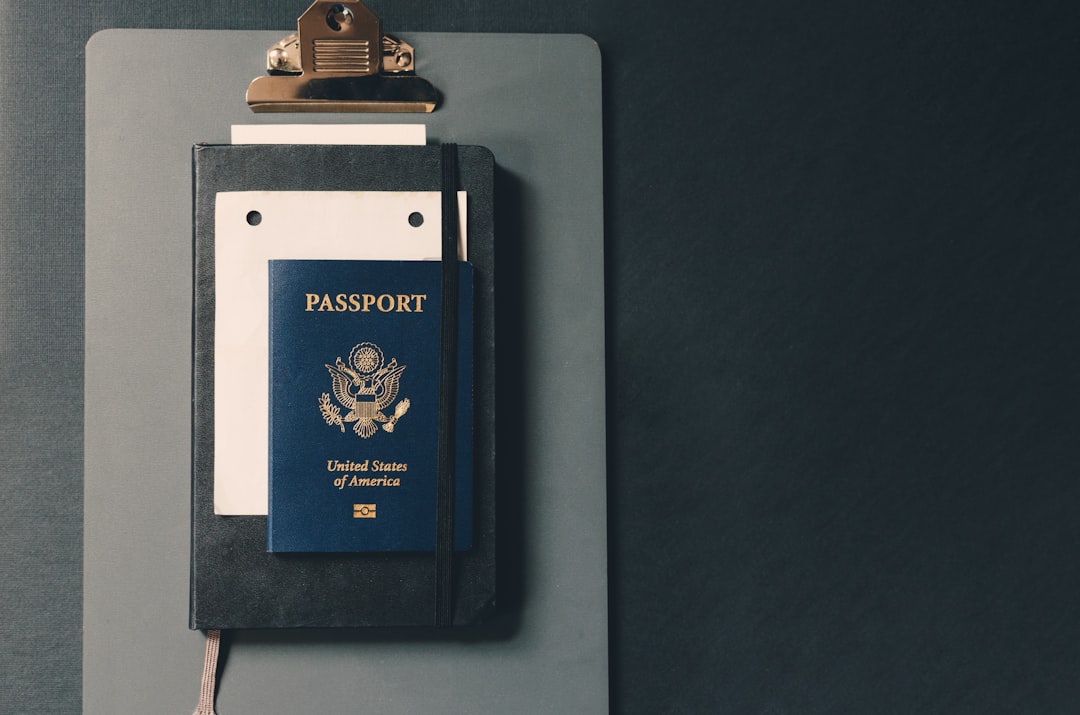When traveling across US borders, your smartphone – a miniature vault of personal information – can be subjected to unwarranted searches.
The question then arises: how do you maintain the privacy of your personal data in such scenarios? This article reveals effective strategies and necessary precautions to secure your sensitive information.
U.S. Customs and Border Protection (CBP) officers have broad authority to inspect electronic devices at borders, which has become an increasing concern for travelers. Generally, officers do not need a warrant to perform a search, which allows them to access your phone without any formal legal proceedings. However, understanding your rights is the first line of defense.
Statistically, border device searches have seen a dramatic increase, rising threefold from approximately 8,500 in 2015 to over 30,000 in 2017. While this number remains a small fraction compared to the total number of travelers, the concern lies in the privacy invasion.
To protect yourself, it’s important to know that you are not legally obligated to unlock your phone or provide passwords unless under very specific legal requirements, which border officials must clarify. In such cases, it’s crucial to assert your rights clearly and ask for the presence of legal counsel if you feel pressure.
Effective preparation is vital to ensure that your data remains confidential, should your smartphone be inspected. Here are several detailed steps that every traveler should take:
1. **Minimize Data**: Before crossing borders, remove unnecessary personal data from the device. Back up important files to a cloud service or an external hard drive, and consider temporarily deleting sensitive apps.
2. **Encryption**: Encrypt your device. Most modern phones have built-in encryption settings, providing an essential layer of security that can prevent unauthorized access even if the device is physically confiscated.
3. **Use a Travel-Only Device**: For frequent travelers, it might be worth having a separate phone dedicated to trips. This device should contain only essential apps and minimal sensitive information.
4. **Cloud Storage**: Securely store your documents online. By utilizing cloud storage, you can access your files without keeping them directly on your device, mitigating risk during border checks.
5. **Use VPN**: Employing a Virtual Private Network (VPN) can shield your internet activity from prying eyes by ensuring your connection remains private and data-transmission encrypted.
In the event that a border officer requests a device inspection, remain calm and professional. If you choose not to unlock your phone, clearly communicate your decision and inquire about the consequences of non-compliance. Often, border officials may only perform cursory checks, and standing firm on your rights can limit the depth and scope of the search.
Remain informed about the legal context of your travel and updated on current policies concerning digital search at borders. Knowledge is a powerful tool and, combined with careful preparation, can greatly minimize potential risks to your privacy.
Navigating the intricate landscape of phone searches at US borders revolves around a delicate balance between accessibility and privacy. While border security is a legitimate concern, the rights of the individual should not be compromised lightly. By adopting informed strategies and remaining vigilant, travelers can protect their data while crossing borders with confidence.
Remember, your smartphone holds the narrative of your personal and professional lives. Its security should be a top priority, especially at border checks where privacy boundaries may be tested. Implement these practices and ensure that your digital world remains under your control, ensuring a worry-free journey.
Cyber Security
How to Protect Yourself From Phone Searches at the US Border
















Leave a Reply